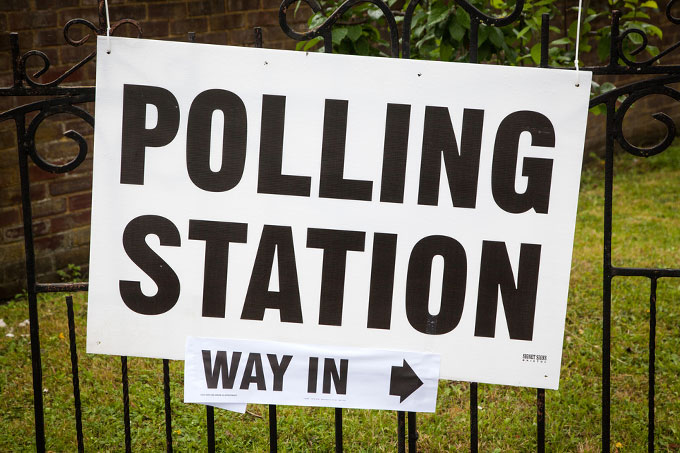Professor Mike Weed explores the apparent inability of opinion polls to agree on our opinion.
In less than a week’s time the colour of the UK’s next government will be known. But we are impatient: we want to anticipate, to estimate, to speculate, and to predict. And there is no shortage of companies conducting various surveys and polls of our views to feed our frenzy to second-guess the outcome of the official national poll on Thursday 8 June.
But they cannot agree. On 31 May YouGov suggested only a three percentage point margin between the Conservative (42%) and Labour (39%) parties, whilst on the same day Kantar Public had the Conservatives (43%) ten points ahead of Labour (33%). For many, jaded by failed polling fatigue from the EU referendum in 2016 and the General Election in 2015, this is simply symptomatic of the inability of opinion polls to provide a poll of opinion.
Following the 2015 general election the British Polling Council and the Market Research Society launched a “Polling Inquiry” into what appeared to be the systemic failings of the UK polling industry to estimate and predict support, particularly for the Conservative and Labour Parties. Blame was laid of the feet of “Shy Tories”, those supporters of the Conservative Party who did not wish to express their support to pollsters, and “herding” among polling companies who did not want to divert from received opinion. With the differences in opinion polls for the 2017 election, “herding” does not seem to be a problem – someone is going to be right and someone is going to be wrong: reputations are likely to be made and broken.
Or so it would seem! Intuitively we might imagine that the differences between opinion polls are because different polls are showing different opinions. But this is not the case. In fact, once the raw data collected by the various opinion pollsters has been weighted to reflect the demographic profile of the UK population, the different polling companies show a very similar balance of opinion between the Conservative and Labour Parties.
The difference between the results lies in the assumptions that the various pollsters make about who will actually vote. Pollsters like YouGov, for example, assume that most of the young people who express an opinion in their polls will turn out and vote, whilst pollsters like Kantar Public assume that while young people may express an opinion in polls, many will not actually place a cross on the ballot on 8 June.
So it is pollsters’ assumptions rather than voter opinion that explains the very wide variations in support for the Conservative and Labour Parties shown in different opinion polls. More importantly, though, to ape a line variously attributed to Harry S. Truman, Woody Allen and West Wing Press Secretary C.J. Cregg, the polls are telling us: “Decisions are made by those who show up!”
Mike Weed is Professor of Applied Policy Sciences and Pro Vice-Chancellor for Research and Enterprise at Canterbury Christ Church University. His work focuses on the use of evidence and data in policy and politics and has been funded by the ESRC, the Department of Health, the Department for Education and the Mayor of London.
 Expert comment
Expert comment Jeanette Earl
Jeanette Earl 1572
1572


